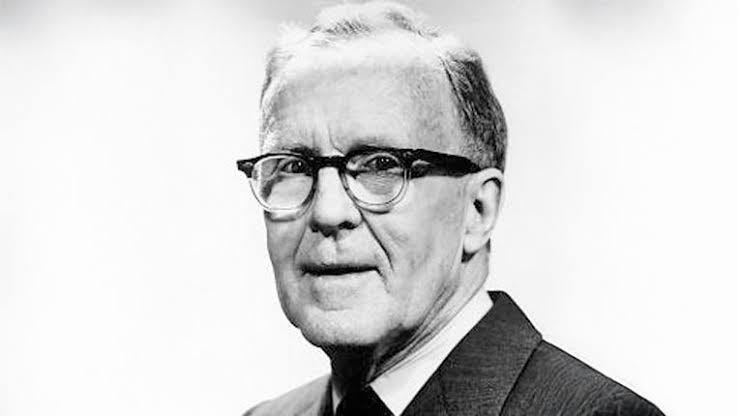He Taught the Brain to Learn, and Machines Followed
Donald O. Hebb, the Nova Scotian who rewired psychology, neuroscience, and artificial intelligence
Donald O. Hebb reshaped how the world understands learning. Not through machines, but through the human brain.
He was not an engineer or a founder. He was something quieter and deeper: a Canadian psychologist who built the mental framework that powers everything from neuroscience to artificial intelligence.
Born in 1904 in Chester, Nova Scotia, Hebb was homeschooled by his mother until the age of eight. He enrolled in public school early, entered university at a young age, and originally dreamed of becoming a novelist. But somewhere between creative writing and early psychology classes, he became obsessed with a deeper question. How does the brain actually change when we learn?
After completing degrees at Dalhousie and McGill, Hebb went on to study under Karl Lashley at Harvard, then returned to Montreal to work with neurosurgeon Wilder Penfield. These experiences grounded his belief that the mind could not be separated from the brain. Memory, emotion, and learning had a physical basis.
In 1949, Hebb published The Organization of Behavior, where he introduced a theory that would become the cornerstone of modern brain science. Learning, he argued, happens when neurons repeatedly activate together. That simple idea gave rise to what we now call Hebbian learning. Its famous shorthand: “Neurons that fire together wire together.”
His insight offered a bridge between psychology and biology. It explained how networks of brain cells strengthen over time. And decades later, it became the guiding logic behind neural networks. These are the same systems that power today’s AI.
Hebb also introduced the concept of cell assemblies. These are groups of neurons that link together to form thoughts, memories, and associations. These ideas laid the foundation for how we understand cognition and memory today.
As chair of psychology at McGill, Hebb trained a generation of leading scientists and helped establish Canada as a global hub for brain research. His work also shaped how we think about child development. He showed that enriched environments with stimulation, movement, and exploration could significantly enhance early brain growth.
His research on sensory deprivation later drew controversy when it was adapted for military use. It reminded the world that the most powerful ideas can be misused. Ethical questions often follow scientific ones.
Donald Hebb never chased recognition. But his thinking transformed entire fields. He gave scientists, doctors, teachers, and engineers a new understanding of how humans grow, learn, and change.
Hebb passed away in 1985. But every time a neural network is trained or a student forms a new connection, his legacy continues.
He built a theory. The world built on top of it.




